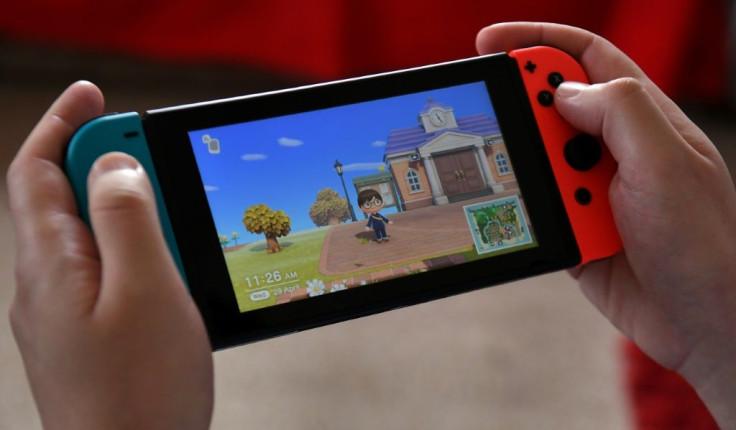Former IGN Employee Alanah Pearce Slams Rigged Game Reviews
KEY POINTS
- Former IGN employee Alanah Pearce went on her YouTube channel to discuss some misleading perceptions on video game reviews
- Among the things she discussed was how some games were getting perfect scores on some review sites even after the reviewer admitted that the game had flaws
- Pearce also warned of giving too much credence to Metacritic since that site often scores unscored reviews based on the weight of the news outlet more than actual gameplay
Game reviews aren’t as clear cut at review sites make you believe. That’s the point that former IGN writer, presenter, and podcaster points out in a video she posted on her YouTube channel.
In the video posted on June 16, Pearce acknowledges that people might not necessarily agree with what she was going to discuss so she asked for them to at least keep an open mind. “I'm not trying to reinforce things that aren't true because frankly, it would benefit me way more if I lied,” she said.
Pearce digs deep on the concept of gaming review sites giving scores of 10 out of 10 on certain video games even if they don’t deserve it. Citing the example of recent hit “The Last of Us Part II,” Pearce says many sites are giving it a perfect 10 out of 10. She said, “I would not have given ‘The Last of Us Part II’ a 10 out of 10. However, that doesn't make me any more correct than the people who do believe it is a 10 out of 10.”
Pointing out that people have also said that the game has flaws, Pearce questioned why then does it deserve a perfect score if those flaws exist? Specifically pointing out her former employer, IGN, as the go-to site for many when looking for game reviews, she said, “the IGN review scale a 10 out of 10 is not perfect. That's really it.”
Pearce went on to explain that “a 10 is listed as a masterpiece and I generally agree with that. A 10 should be very difficult to get and I do believe there are pieces of IGN's past where they gave out 10 way too readily.”
“10 out of 10 is not a perfect game.,” Pearce reiterated. “On a directly related point, five is not average. They think that audiences who put so much weight in review scores which, by the way, are why these major websites still have review scores. People complain about the scores all the time.
“Comments sections, people are always talking about them. They're getting shares. The more audience puts weight on scores the more it reinforces to these websites that they need to have scores because their audiences clearly really care about them. And they get traffic from them,” she said.
“So five is mediocre, that does not mean average the reason that you get so many game review scores that are around the seven range is because, frankly, most of the games of these major sites are reviewing or major magazines or whatever are reviewing are really f***ing good,” Pearce said. “If you only play AAA games, which let's be honest, most gamers do then you only see the games that are getting eights, nines, and tens because they’re all usually extremely high quality.”
“Games come out every single day that would be considered bad or unplayable or broken but IGN isn’t going to waste most of its time reviewing all of those games because A. it's impossible but B. audiences don't generally even care about those games,” Pearce said.
“That's the shovelware that shows up on the Nintendo Switch eShop,” she continued. “That's half of the junk that shows up on Steam. So yes, loads and loads and loads of bad games exist, you just don't see them reviewed because nobody's even going to pay attention to those reviews for the most part.”
“Ten is not perfect, five is not average, five is mediocre. A seven or an eight probably is the average aggregate score because majority of the games that are being reviewed simply are good.”
Pearce went further on her video talking about weighted scores as “a thing that people also don't know Metacritic doesn't actually accurately just aggregate scores. After reading some negative reviews about “The Last of Us Part II” that are unscored, she explained what Metacritic does.
“What Metacritic will often do is try to score the unscored reviews itself, they will kind of guess, and then add a score and maybe they'll do that eventually for these ones that are currently unscored, but they do that. They also weigh different outlets review scores differently."
Specifically pointing out IGN, The Guardian, and Game Informer because they “are considered reputable outlets,” they get a higher weight than other websites that Metacritic might not be familiar with. “You put way too much stock into Metacritic is basically my point. It is also a very subjective outlet in a lot of ways,” Pearce warned.

© Copyright IBTimes 2025. All rights reserved.





















